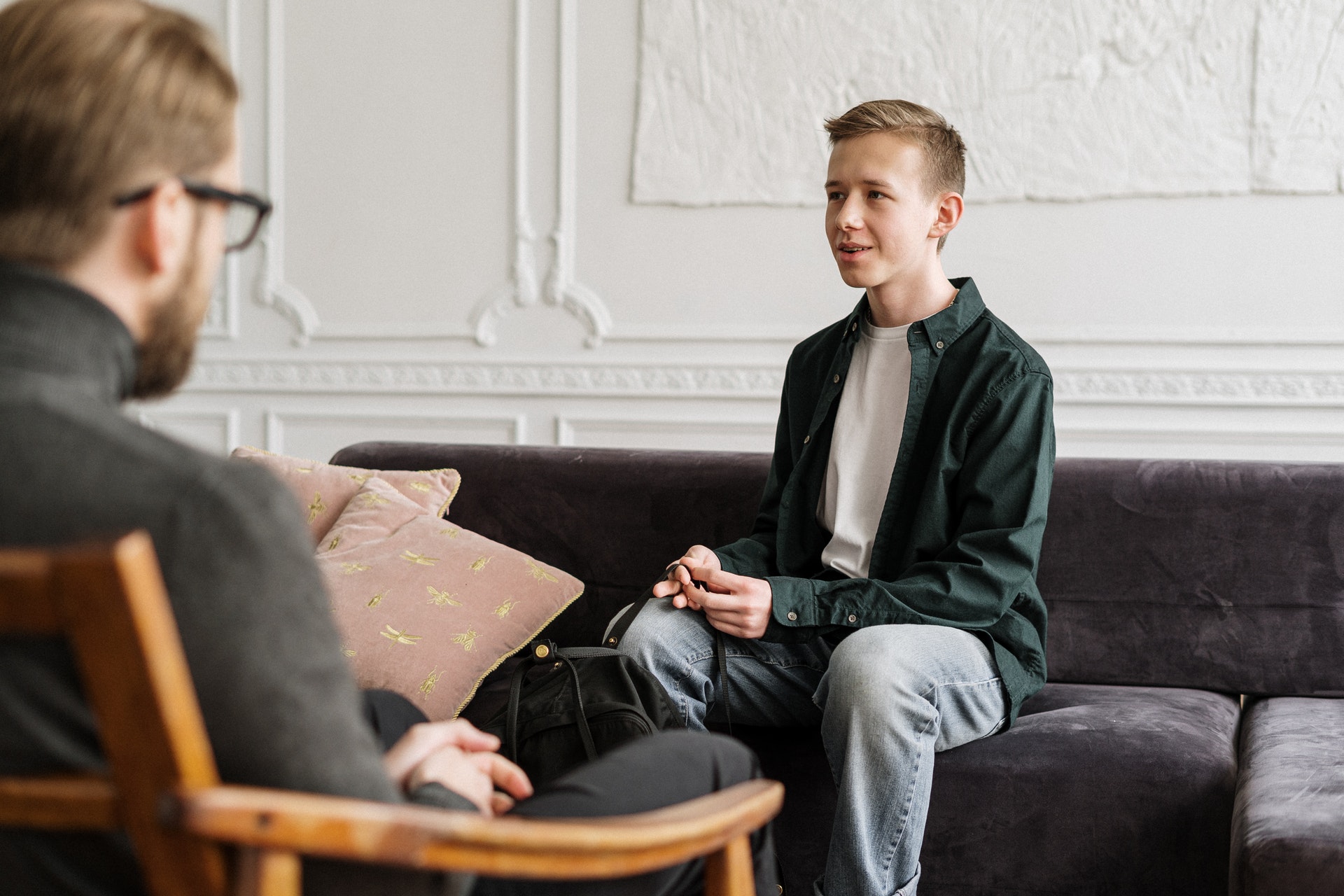Are you new to the world of psychology and want to learn more about the different types of psychology that you can study in school?
From researching unusual behaviours to helping athletes harness their peak performance, psychologists work in a wide range of settings. But deciding what type of psychologist you want to be is not as easy as it sounds.
Since it is such a broad discipline, there are many things to take into consideration and information that you need to have before deciding to pursue a degree in psychology and specialize on a certain topic.
If you are looking to learn more about the types of psychology and everything you can do with them, you have come to the right place. Keep reading to find out more about this topic!
Is a psychology degree worth it? Learn more about what you can do with a psychology degree.

Psychology Degrees and Types of Psychology

Have you ever been to therapy or talking to a psychologist? If so, did you ask them what branch or types of psychology they focused on? It is quite common to skip this step as a patient but truth be told, it's extremely important to focus on this detail so you understand the approach that your psychologist will have.
On the other hand, if you are looking to pursue a career in psychology, you will need to decide which branch of psychology you will study and how you want to focus your academic and professional efforts.
And it all comes down to one question: How do psychologists think about and study the human mind and behaviour?
Psychologists oftentimes work in very different areas and have many different tasks depending on the area that they choose to specialise in. This happens because psychology is a huge topic and truly understanding and communicating the subject as a whole can be quite daunting and complicated. This is why many branches of psychology have come to be: in order to deal with the many subtopics that emerge as part of the natural evolution of the discipline.
Regardless of what form it takes and how many subtopics it has, when put into practice the goals of psychology are to describe, explain, predict and change (or control) behaviour.
Here are some of the most common branches of psychology:
- Abnormal Psychology: people who are focused on this branch of psychology are those who choose to focus on the origins and constructs of mental illness and look at unusual patterns of behaviours, emotions and thoughts. They also assess, diagnose and treat mental disorders. Counsellors, clinical psychologists, and psychotherapists are people who are known to be focused on this field.
- Behavioural Psychology: Behavioral psychology or behaviourism is based on the idea that all behaviours are acquired through conditioning. This is a branch of psychology that was quite popular during the first part of the twentieth century but it became less prominent during the 1950s. Still, a lot of behavioural techniques are still an important part of therapy, education, and many other areas.
- Biopsychology: Biopsychology studies the biological factors that potentially affect the brain and human behaviour. Biopsychologists are professionals who dedicate their time to the study of individuals and doing research to see if there are biological factors that impact how an individual feels, thinks and acts. They also investigate how brain injury and disease affect behaviour. They do this to gain information so that researchers can work on figuring out ways to prevent and treat brain trauma.
- Cyberpsychology: Cyberpsychology studies the effect of the use of the internet on people's minds. The field also includes online counselling, a type of therapy where clients can connect with a therapist via the internet. While it is true that a lot of what cyberpsychology does is veered toward social media, there are also other activities involved and studied such as online shopping and gaming and their effect on behaviour.
- Social Psychology: Social psychologists look at the way people think and feel and how behaviour is impacted by others. It is more veered toward group membership, prejudice and discrimination, attitudes and persuasion, social impacts on self-esteem and other areas.
- Cognitive Psychology: Cognitive psychology emerged in the 1960s and has continued to grow since then. It is the branch of psychology that focuses on internal mental states and is centred on the science of how people think, learn, and remember. Psychologists who work with cognitive psychology often study things such as perception, motivation, emotion, language, learning, memory, attention, decision-making, and problem-solving.
- Community psychology: Community psychologists are those who do research on health issues in order to provide education to the community and create programs that help prevent issues from occurring. Community psychologists can work at places such as schools, community organizations, charities and government agencies. They aim to improve the community and the people who are part of it.
- Educational Psychology: This field studies the emotional, social and cognitive aspects of the learning process. It also deals with the study of how psychological issues affect student education, as well as how motivation techniques; behaviour modification through conditioning; and knowledge of student aptitude can improve outcomes for students. It uses many different and diverse instruments, tests, and assessments to understand students' cognitive development.
- Comparative psychology: Comparative psychology works by looking at the similarities and differences between the behaviour of humans and that of their animal counterparts. These professionals look at how animals behave and answer to certain situations or stimuli. They then use the results from their research to better understand human behaviour.
- Personality Psychology: This is the study of personality and its variation from individual to individual. Personality psychologists do a lot of research and create theories around personality traits, evolution, biology, humanism, behaviour and social learning to determine what makes a person unique. They also focus on understanding the development of personality and how it varies between different people. Personality psychologists assess, diagnose and treat personality disorders that negatively impact a person's quality of life.
Learn more about the jobs you can have as a psychologist.
Why Should I Study Psychology?

Are you on the fence about studying psychology? Here are some reasons why pursuing a psychology degree could be a great decision for your future:
- You will learn about research methods: Did you know that those who have a basic idea of what psychological research methods entail better understand some of the many claims in books, magazines, television shows, and movies? Knowing more about psychology will help you break down myths and have more information to discern the truth from the fiction surrounding many pop psychology myths.
- You will have an impact on society: people who choose psychology as a career are key to society. From education to the economy to helping kids with their growth as well as finding out ways for people to deal with PTSD and stress, there is no better way to have a positive insight in society.
- You will develop critical thinking: There are tons of materials, theories and approaches that lead to psychology students to develop critical thinking. This is essential for people to be the best professionals they can be.
- You will become a better communicator: Since psychology entails understanding things like emotion, language, and body language, when you study this discipline you will find that your interpersonal communication skills will get much better. By learning more about these things, you can gain a greater understanding of other people and what they are trying to say.
- You will appreciate human development in its stages: you will become more sensitive towards people and their problems since you will undersyand how they develop and change through life and will therefore hold more empathy to deal with them.
Do you know where to study psychology in Australia?
Study Psychology with a Private Tutor

If you want to learn more about psychology but are not yet sure about enrolling in a full course or maybe want to start diving into one of the types of psychology, we have an alternative for you: psychology courses with a private tutor.
Through Superprof, you can connect with private tutors all over Australia who can help you understand what the different types of psychology are like and teach you the basics that you need to get a clear understanding of the subject.
All you need to do is look at their profiles, professional experience, academic experience and listed skills and pick the tutor or teacher that aligns best with your needs and expectations.
Start learning more about psychology and psychology courses.
Summarise with AI:















